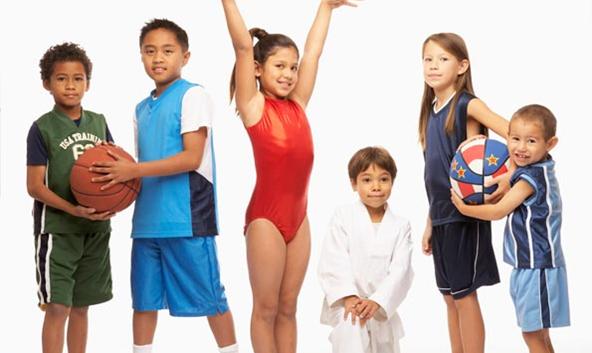Group activities can be extremely difficult for some kids…especially for kids on the spectrum or with other challenges such as ADD. However … there ARE steps you can take to help your child succeed.
1. If your child is having a hard time… due to autism… ADD.. some other challenge… or just being in a difficult stage of development… explain the situation to coaches… Sunday school teachers… girl scout leaders.. or anyone else you trust and may need to know.
.
Do not give details if you think the coach is a gossip.You do no need to give a detailed explanation. Maybe you can just say something like,
.
“Our child has been diagnosed with a learning disability that makes it harder for him in these situations. We really appreciate all you do for our son… and want you know that we are working very hard to address this issue… and we will totally back up your decisions. If you need to remove him from a game… just say the word and we will do it with as little fuss as possible.”
.
If you are NOT comfortable giving that much information, you can just state that your child is having a hard time in these situations and you are addressing the problem. You might ask the coach is SHE has any suggestions. Really the main thing is that the adult knows that:
— You are aware of the situation.
— You are working on the situation.
— You respect their position and any expertise they can offer you.
. .
2. You might explain what you plan to do at home to help this.
.
For example, as an ABA therapist I played basketball games with kids in which they had to say, “Nice try” or “Nice shot” every time I tried to make a basket or threw a football.
.
Most coaches will appreciate your honesty… the fact that you are working on the problem… and the fact that you are being respectful to the coach. Remember, the vast majority of coaches love kids and want to help your child succeed..
.
3. You can even discuss a few strategies with the coach that you are teaching your child to use during the game.
.
 For example, having your child ‘use the restroom’ when he needs to calm down.. or giving him a ‘fidget ball’ or gum to chew.
For example, having your child ‘use the restroom’ when he needs to calm down.. or giving him a ‘fidget ball’ or gum to chew.
.
.
4. When playing games with your child… insist he make three passes before trying to score.
.
.
5. Practice ‘sitting on the bench’… what are nice cheers… what are rude cheers… what are other fun things to talk about?
Practice those cheers. A high point in my career as an ABA therapist was watching a child laugh with a teammate while they were sitting on a bench watching a basketball game.
.
You can also practice things your child can say to team mates when he is on the bench or riding on a bus..
.
6. Practice being in a troop meeting. What are things to talk about? What should you say if you disagree with an idea?
Practice… practice… practice…
.
7. Make a plan in advance on how you will LEAVE and activity..
These transitions can be difficult… and your child may be tense after working so hard at behaving at his activity. Be exact…. we leave 5 minutes after the game… you will sit in the back seat… your activity bag (with a game or book) will be on the back seat… agree what CD you will listen to in the car. Stick to your plan. Every time.
.
While these situations are very difficult for some kids (and parents) it CAN get better. But remember… it can take a LOT of practice for these things to sink in. Also, do NOT expect that YOU will do it perfectly every time. This is tough and you are a human! If parents had to be perfect for kids to succeed… no one would succeed ever.

